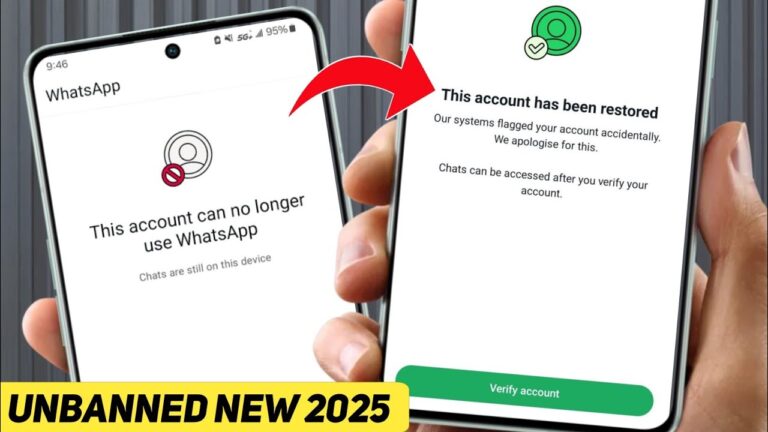Manage money as a teenager in 2024 comes with its unique set of challenges and opportunities. In this article, we will guide you through the important steps to become financially savvy and independent. Let’s talk about the world of financial literacy for teenagers.
The financial landscape can be daunting, especially as a teenager. However, understanding how to manage money is a crucial skill that will set the foundation for a secure future. In this article, we’ll explore practical tips on handling finances, tailored to the specific challenges teenagers face in 2024.
01. Understanding Financial Basics | Manage Money as a Teenager
Budgeting and saving are the cornerstones of financial stability. By grasping these fundamental concepts, teenagers can lay the groundwork for responsible money management.

Budgeting involves allocating funds for various needs, such as education, leisure, and personal expenses. It’s a skill that, when cultivated early, pays dividends in the long run. Likewise, saving – even small amounts regularly – can build a financial safety net.
- Budgeting Fundamentals
- Significance of Savings
- Emergency Funds
- Setting Financial Goals
- Earning and Spending Awareness
02. Setting Financial Goals
Teenagers often underestimate the power of setting financial goals. Whether it’s saving for a new gadget or planning for college, having clear objectives helps in making informed financial decisions. Short-term goals provide quick wins, while long-term goals instill discipline and patience.

- Defining Short-Term Goals
- Examples: Short-term goals for teenagers could include saving for a new gadget, a weekend getaway with friends, or even building a gaming PC.
- Immediate Rewards: Achieving short-term goals provides a sense of accomplishment, reinforcing positive financial habits.
- Long-Term Vision
- Educating about College Expenses: For teenagers, long-term goals often revolve around higher education. Discussing the costs associated with college encourages proactive financial planning.
- Setting Ambitious yet Attainable Targets: Encouraging teenagers to dream big while ensuring their goals are realistic and achievable.
- Financial Independence Objectives
- Participating in Major Purchases: Setting goals for significant purchases, like a car or contributing to college tuition, promotes a sense of financial independence.
- Responsibility and Ownership: Achieving financial goals fosters a sense of responsibility and ownership over one’s financial future.
03. Earning and Saving | Manage Money as a Teenager
Teenagers can explore various avenues for earning money, from part-time jobs to freelancing online. Simultaneously, cultivating a habit of saving, even if it’s a modest percentage of earnings, contributes to building a healthy financial foundation.
- Diversifying Income Streams
- Entrepreneurial Ventures
- Saving Strategies for Teens
- Building an Emergency FunDS
04. Making Smart Spending Choices
Distinguishing between needs and wants is vital in preventing unnecessary expenses. Practical tips like making shopping lists and comparing prices can help teenagers make informed choices while staying within budget.
- Needs vs. Wants Clarification
- Creating Shopping Lists
- Comparing Prices and Quality
- Avoiding Impulse Purchases
05. Banking for Teens
Opening a bank account introduces teenagers to essential financial concepts. It provides a secure space for savings, teaches the basics of transactions, and sets the stage for more advanced financial activities.
06. Introduction to Investments | Manage Money as a Teenager
While investing may seem daunting, teenagers can start small and learn the ropes. Understanding concepts like compounding and risk can lay the groundwork for future financial success.

Types of Investments
- Stocks: Owning a share of a company, presenting an opportunity for capital appreciation.
- Bonds: Loaning money to an entity in exchange for periodic interest payments and the return of the principal.
- Mutual Funds: Pooling money with other investors to invest in a diversified
Starting Small
- Investment Platforms: Exploring beginner-friendly investment platforms suitable for teenagers.
- Micro-Investing: Emphasizing the possibility of starting with small amounts to learn the ropes.
07. Understanding Credit
Introducing the concept of credit is crucial for teenagers. While it can be a powerful tool, it’s essential to emphasize responsible credit card usage and the potential pitfalls of accumulating debt.
08. Part-Time Jobs for Teenagers
Balancing part-time work with studies is a valuable experience that teaches time management and responsibility. Exploring suitable job options can provide both financial independence and skill development.
- Balancing Work and Studies
- Time Management: Learning to balance work commitments with academic responsibilities is a fundamental skill.
- Prioritization: Emphasizing the importance of prioritizing tasks to ensure both work and studies receive the necessary attention.
- Types of Part-Time Jobs
- Retail and Service Industries: Entry-level positions in retail, food service, or hospitality provide valuable customer service and teamwork experience.
- Freelance or Gig Work: Exploring online platforms for freelance opportunities allows teenagers flexibility in choosing projects that align with their interests and skills.
09. Online Money Management Tools
In the digital age, numerous online tools make budgeting and expense tracking accessible and straightforward. Utilizing technology can empower teenagers to take control of their finances effortlessly.
Here are some notable budgeting apps.
- Mint: Budget, Bills, Finance
- Mint is a comprehensive budgeting app that allows users to track their spending, set financial goals, and receive personalized financial insights.
- Play Store Link: Mint
- PocketGuard: Personal Finance, Money & Budget
- PocketGuard helps users take control of their finances by providing a clear overview of spending, creating personalized budgets, and identifying potential savings.
- Play Store Link: PocketGuard
- You Need a Budget (YNAB)
- YNAB focuses on proactive budgeting, guiding users to assign every dollar a job, break the paycheck-to-paycheck cycle, and build a buffer for financial security.
- Play Store Link: You Need a Budget (YNAB)
- Goodbudget: Budget & Finance
- Goodbudget uses the envelope system to help users allocate funds to specific categories, encouraging disciplined spending and saving.
- Play Store Link: Goodbudget
10. Learning from Money Mistakes
It’s inevitable to make financial mistakes, but what matters is the ability to learn from them. Teenagers should understand that errors are opportunities for growth and improvement.
Turning Mistakes into Opportunities
- Learning Opportunities: Framing mistakes as learning opportunities rather than failures.
- Building Financial Wisdom: Understanding that each mistake contributes to building financial wisdom and experience.
11. Building a Strong Financial Foundation
Establishing good financial habits early on sets the stage for a secure future. Consistent efforts in budgeting, saving, and responsible spending contribute to a strong financial foundation.
12. Teaching Others
Encouraging teenagers to share their financial knowledge with peers fosters a culture of awareness and responsibility. Learning together creates a supportive environment for financial growth.
13. Impact of Inflation and Economic Changes
Briefly touching on economic factors that can influence personal finances prepares teenagers for adapting to financial changes. Understanding inflation and economic shifts is crucial for making informed decisions.
In conclusion, managing money as a teenager in 2024 requires a combination of financial knowledge, discipline, and a proactive approach. By understanding the basics, setting goals, and learning from experiences, teenagers can pave the way for a financially secure future.



